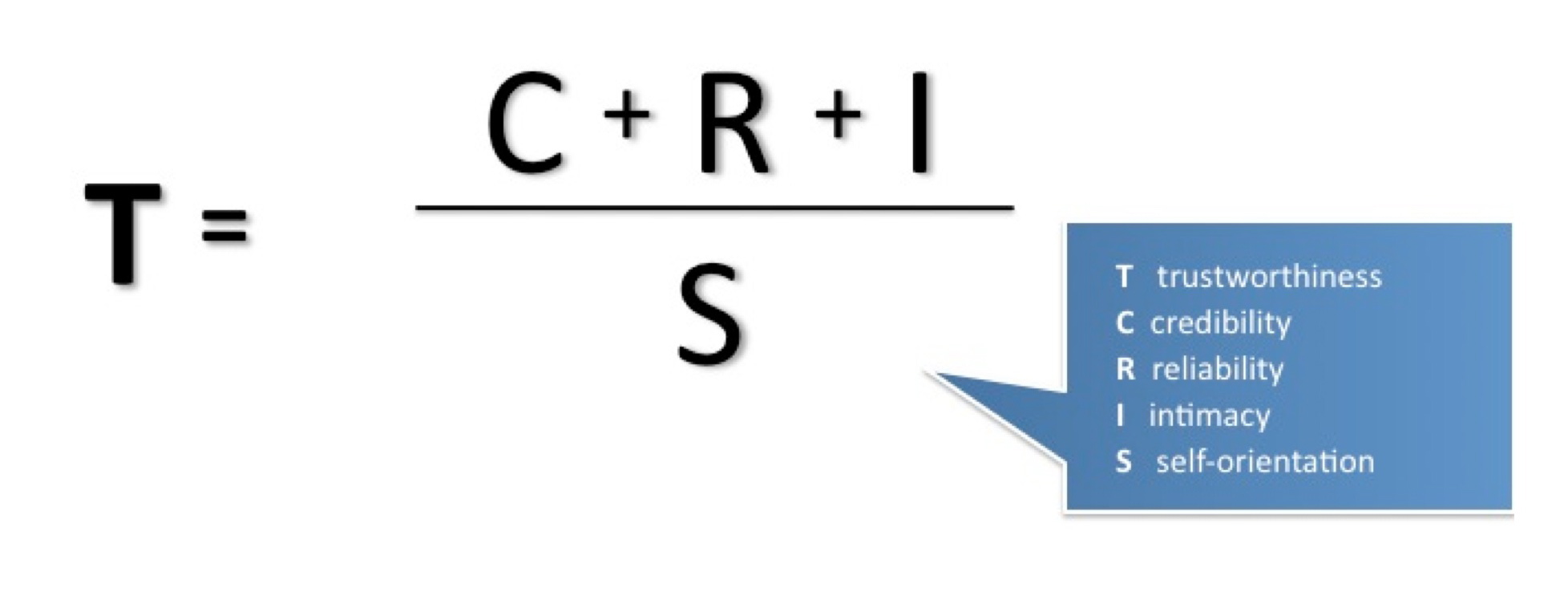The February Trust Matters Review
Richard Edelman reports his takeaways from the 2010 Edelman Trust Barometer, which found, in his words, “unprecedented skepticism”.
Paul McCord comes to some conclusions about how to know if the masks we wear are ethical and which masks to wear. All of us, as the Bard said, are actors on a stage, but which roles we play and why we play them don’t just determine our sales results, they determine the quality of our souls. A must read.
Valeria Mantoni explains the simple way to know whether customers enjoy dealing with your company and by extension tell good stories about it.
Joe Nocera of the NYTimes writes about a case where Bank of America does the right thing–when shamed by the “Heisenberg Journalism Princple”.
Jim Peterson make the case, again, that the entire auditing model is broken. At the end of the day, an audit is nothing but a way of producing assessments we can trust. If audits don’t work, what happens to trust in business?
Brad Feld discusses the difference between “implied trust” and “implied suspicion” and why he prefers one over the other.
Lydia Forbes gathers a few classic quotes on trust. Short and thought provoking.
Tina Erdmann interviews legendary reporter Mike Sager about how he gets subjects as to trust him enough to allow him to live with them–and to answer questions like: “How does a 625 pound man tie his shoelaces?” If you only read one post on trust this month, make it this one.
The Trust Matters Review highlights the best articles and posts on trust our research has turned up in the last month.
If you’d like to share a great article about trust, let us know, in the comments here or through the Trust Matters Review submission form.
For more links to outstanding articles on trust, see:




Thanks for the pointer to the Mike Sager piece, Charlie. One line stood out for me: “I like to suspend my disbelief for a while to put myself in their shoes…” Reminds me of the Indian philosopher Krishnamurti’s quote, “Observing without evaluating is the highest form of human intelligence.” Doesn’t hurt when it comes to creating trusting relationships, either.